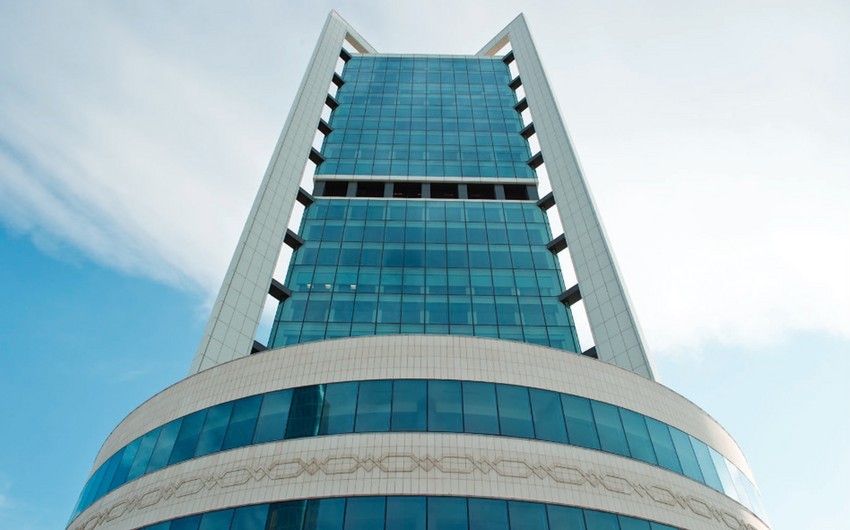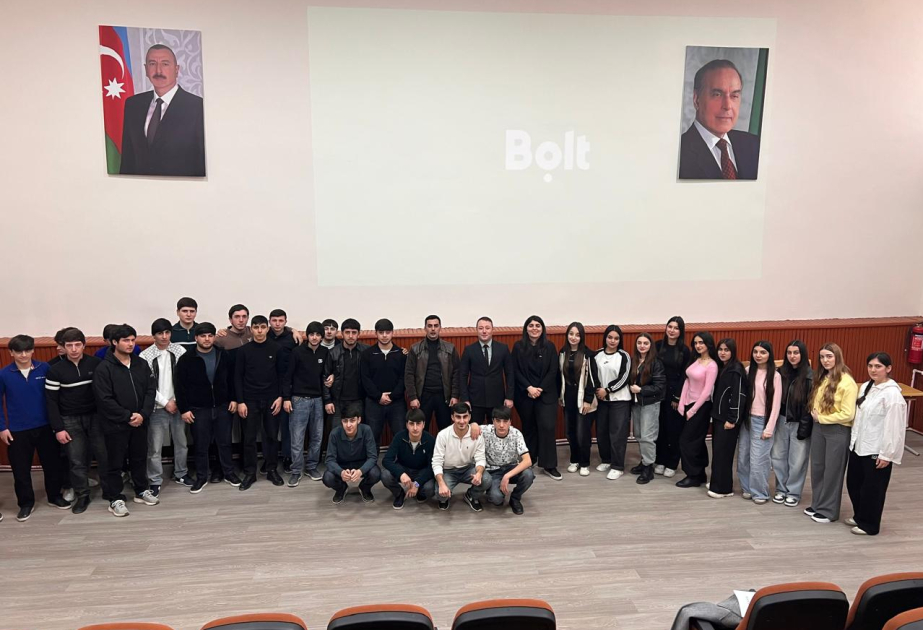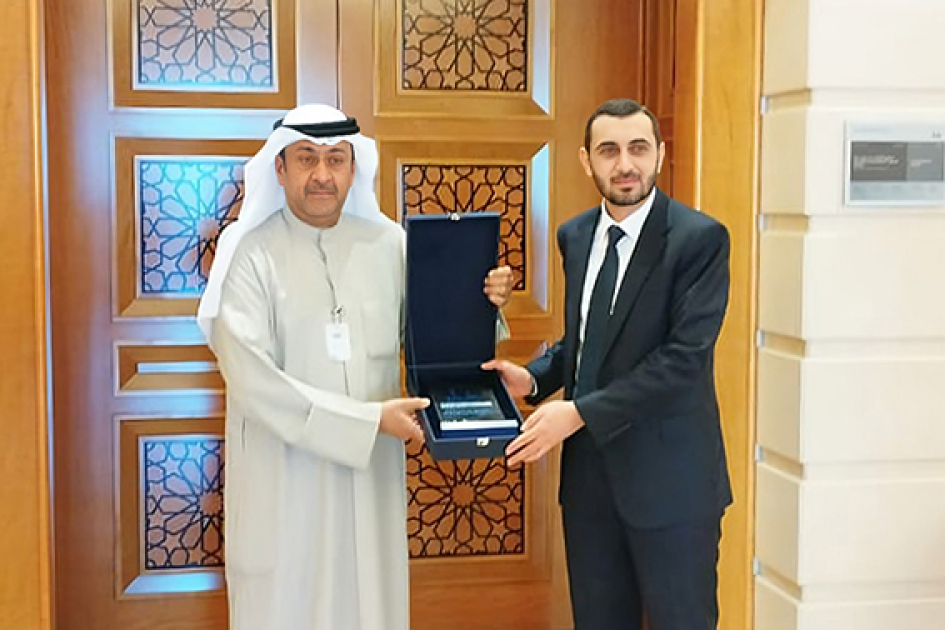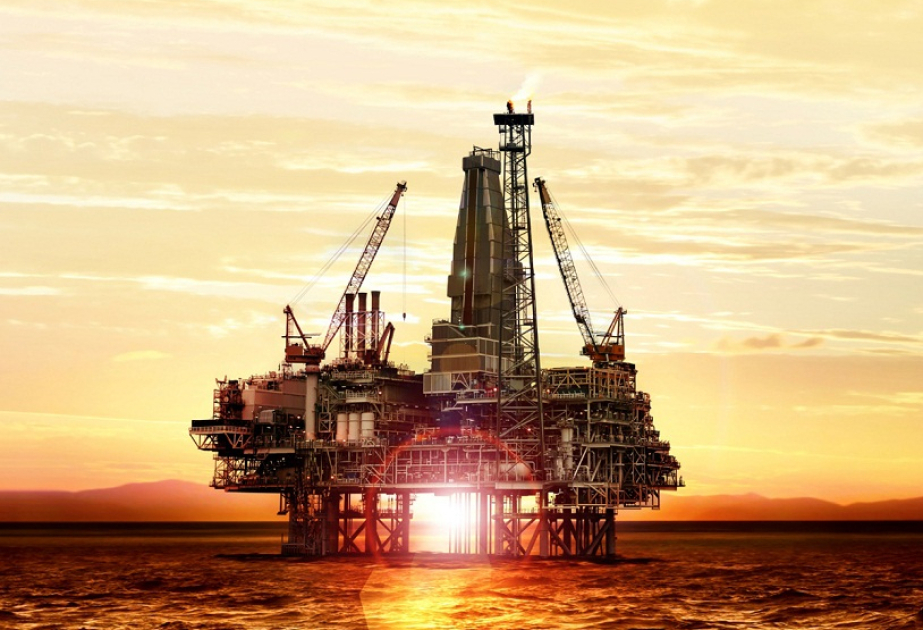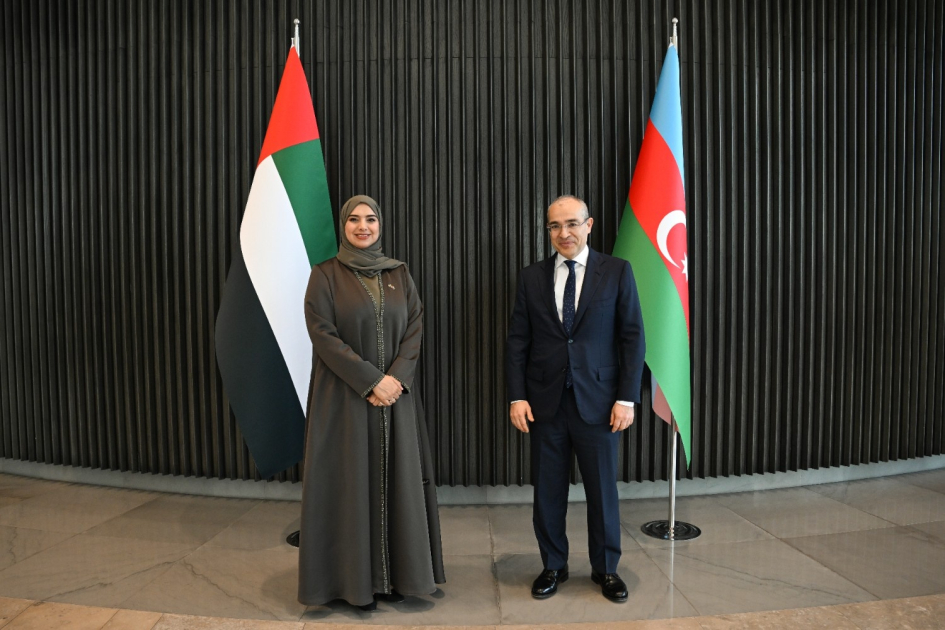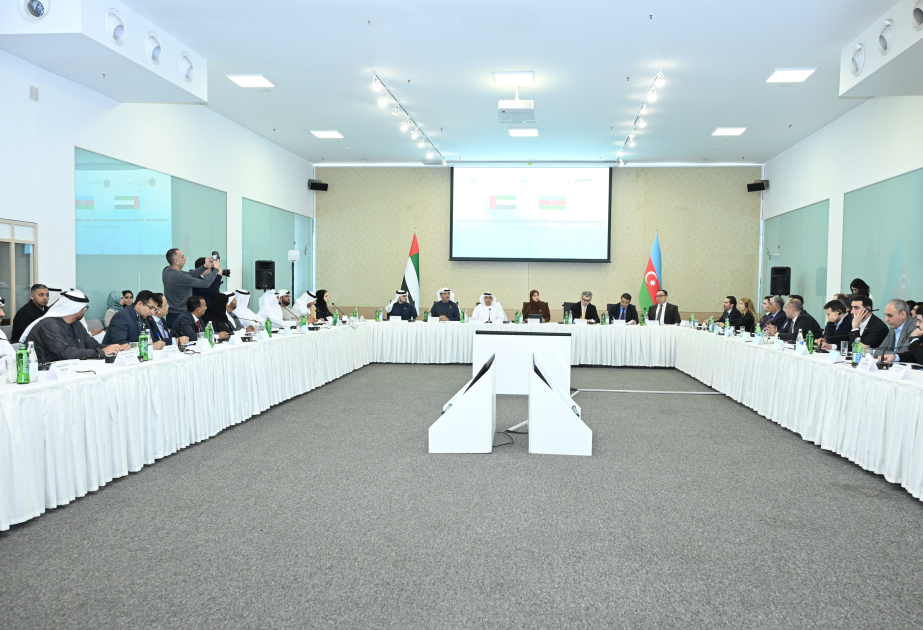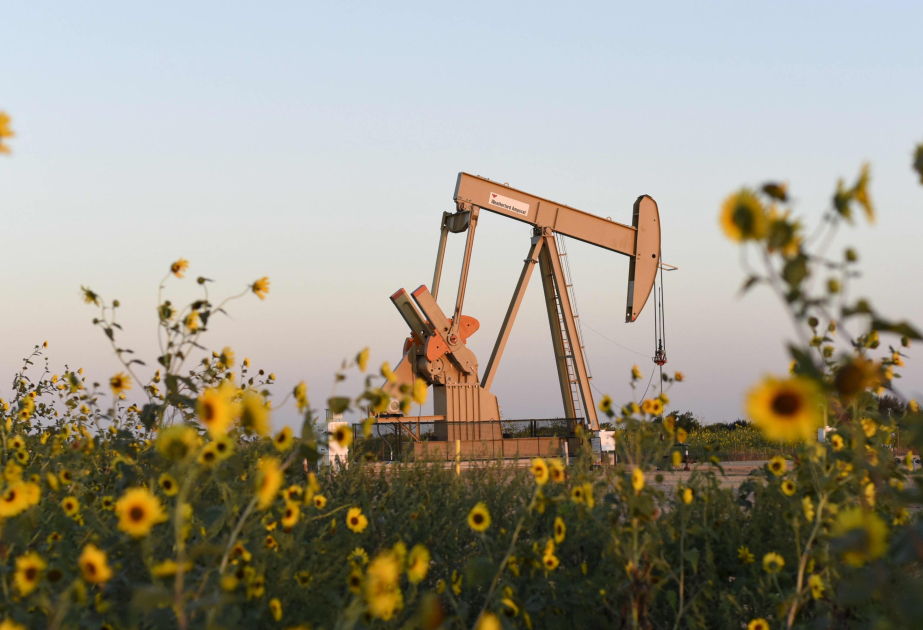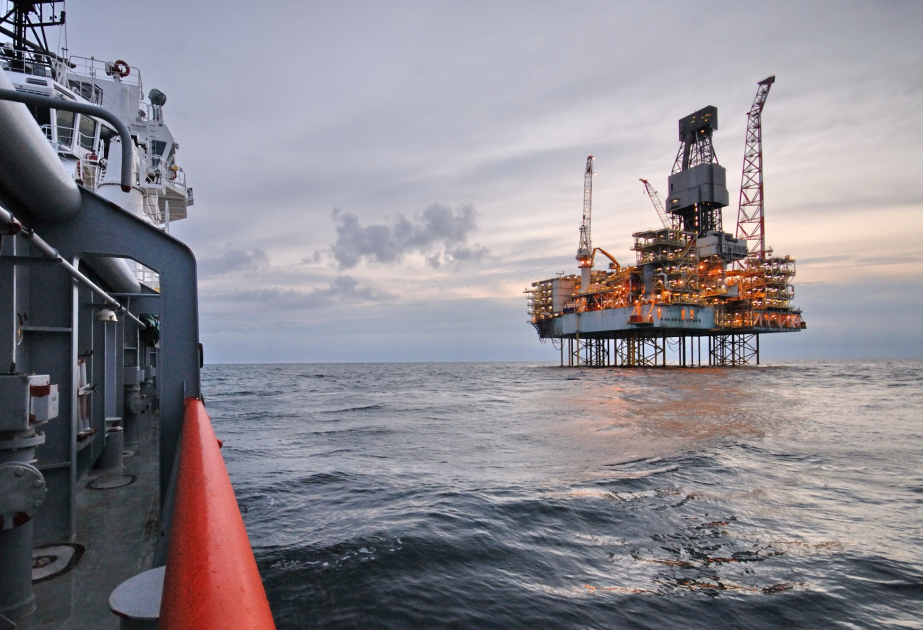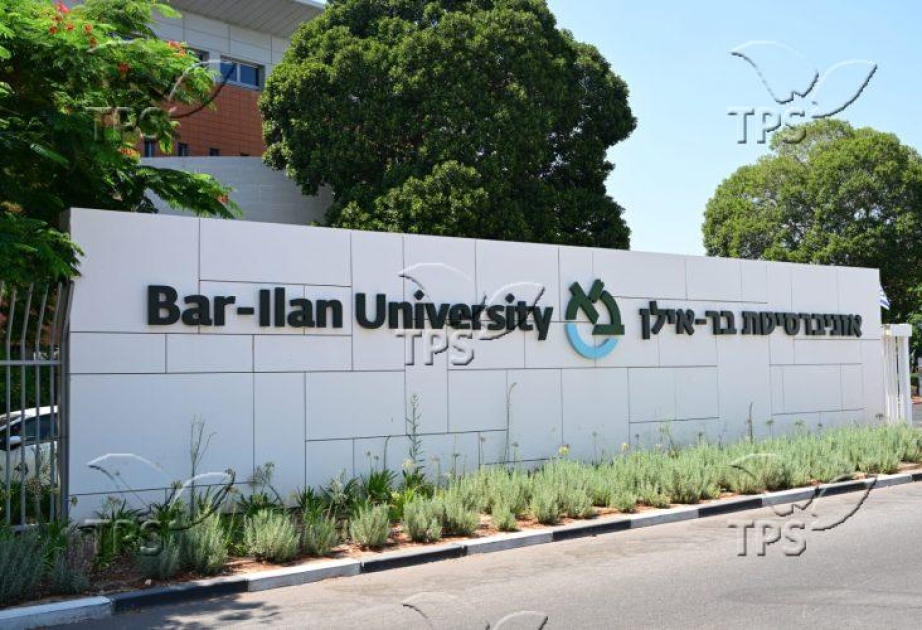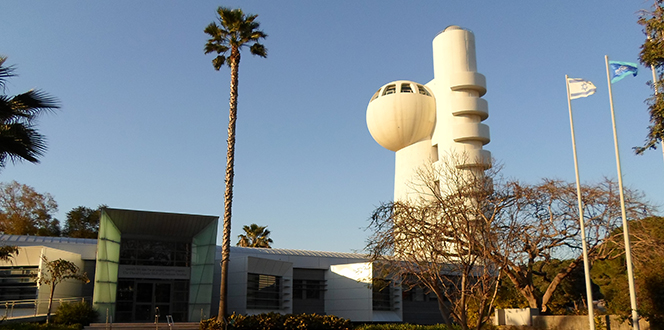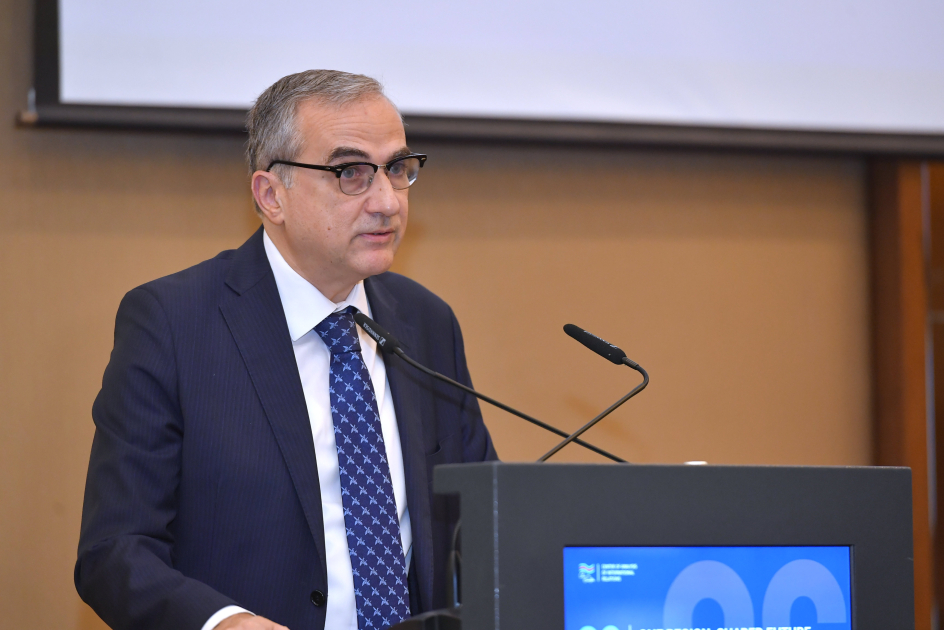In the heart of Baku, where futuristic skyscrapers kiss the Caspian sky, stands the imposing edifice of the State Oil Fund of Azerbaijan (SOFAZ). This architectural marvel is more than just a building; it's a symbol of Azerbaijan's economic strength and foresight.
Established in 1999, SOFAZ has become the linchpin of Azerbaijan's macroeconomic stability. As a repository for the nation's oil wealth, it serves as a bulwark against the capricious nature of global energy markets. During oil price slumps, SOFAZ transforms into an economic lifeline, injecting vital funds into the budget and social programs, effectively shielding the country from severe economic tremors.
However, SOFAZ's role extends far beyond being a mere "oil piggy bank". The fund is actively engaged in sculpting Azerbaijan's economic future by strategically investing in non-resource sectors and catalyzing long-term growth. This proactive approach has been instrumental in steering the nation away from the dreaded "resource curse" that has plagued many oil-rich countries.
However, supporters counter that the fund is a tool for progress, not a sentence to resource dependency. The true measure of SOFAZ's success lies in its judicious management and its role in propelling Azerbaijan towards a diversified, resilient economic future.
History illuminated by oil strategy
Let's start with the fact that oil has always played a special role in the history of Azerbaijan, being not just a resource, but a driving force for development. With independence, the country faced acute challenges, and oil became the key to overcoming difficulties. Under the wise leadership of national leader Heydar Aliyev, a new oil strategy was developed, marking a new era for Azerbaijan.
In 1994, the Contract of the Century was signed - a landmark agreement with the world's oil giants. It was not just an agreement, but a life-saving guiding thread that led the country out of an economic impasse. Revenues from the sale of oil and gas have found a new life, becoming not just raw materials revenue, but an investment in the future.
In 1999, by decree of Heydar Aliyev, the State Oil Fund of Azerbaijan was created. This structure has become a reliable custodian and distributor of oil wealth, turning it into a catalyst for the country's long-term development.
Since its creation, SOFAZ has been steadily following its mission:
Ensuring macroeconomic stability: Oil revenues have become a solid foundation for the sustainable growth of the Azerbaijani economy, protecting the country from external shocks.
Diversifying the economy: Not limiting itself to the oil sector, SOFAZ is investing in non-oil sectors, stimulating their growth and creating new jobs.
Developing human capital: Education, healthcare, science - all these areas receive support from SOFAZ, cultivating the talents and potential of the future of Azerbaijan.
Reducing poverty: Social programs financed by SOFAZ help the most vulnerable segments of the population, making the life of every citizen better.
Implementing large-scale infrastructure projects: Roads, bridges, energy facilities are all an integral part of modern Azerbaijan, and SOFAZ plays a key role in their construction.
The oil strategy of Heydar Aliyev, implemented by SOFAZ, has turned Azerbaijan into a country with a dynamically developing economy, confidently stepping into the future. This is a story about wise management, foresight and determination, where oil has become not just a resource, but a tool for creation and prosperity.
Reliable shield
The Azerbaijani economy, dependent on the energy sector, has always been exposed to risks associated with fluctuations in oil and gas prices. SOFAZ, as a stabilizing instrument, helps reduce this dependence. The fund is actively engaged in diversifying its investment portfolio, directing funds to various sectors of the economy. This makes it possible to mitigate the impact of external shocks and make the country’s economy less sensitive to changes in the global energy market.
Revenues from oil and gas exports play an important role in the formation of Azerbaijan's foreign trade balance. SOFAZ ensures the stability of these incomes by accumulating and optimally managing financial flows. Over the 25 years of operation of the fund, its income amounted to $202.1 billion, of which $189 billion came from oil and gas contracts. This made it possible to strengthen the country’s foreign trade position and maintain a positive trade balance. To confirm this, one can mention the data for 2023 - the surplus in foreign trade turnover amounted to $10.3 billion. In conditions of a surplus balance of payments, the country's strategic foreign exchange reserves increased by 17.1% compared to the previous year. In particular, SOFAZ assets increased by 14.3% compared to 2022, which indicates the strengthening of the country’s financial position in conditions of instability in the global hydrocarbon market and the global financial market.
As of July 1, 2024, SOFAZ has accumulated a total of $58 billion, representing 83.2% of the country's strategic foreign exchange reserves and 81% of GDP (by the end of 2024 it is expected to reach $71.4 billion).
This is despite that SOFAZ over the past 25 years has allocated a significant part of its income to long-term investments that contribute to the development of infrastructure and modernization of the energy sector. The funds allocated to finance various projects amounted to $11.8 billion as of July 1, 2024. These investments cover areas such as transport infrastructure, energy security and technology modernization, which contribute to sustainable economic development.
Even greater support for the country's economy was provided by the Oil Fund through transfers to the state budget. As of July 1, 2024, their amount reached $128.9 billion. These funds made it possible to finance important infrastructure projects, helping to modernize the country's transport, energy and social infrastructure. The presence of such resources allowed Azerbaijan to restore the liberated territories at the expense of its own resources.
However, one of the main goals of the country is to reduce in subsequent years the dependence of the state budget on oil revenues and, consequently, on transfer payments from SOFAZ. Reducing dependence on oil, creating a favorable environment for the development of the non-oil sector and stimulating economic activity of the private sector are considered the main goals of the Azerbaijani state.
Investing in the future
In addition to ensuring macroeconomic stability and economic diversification, SOFAZ plays an important role in the development of the country's human capital by investing in the education of talented youth. Over the years of its activity, the fund has allocated $295.3 million to finance three government programs.
As part of the State Program for the Education of Azerbaijani Youth Abroad in 2007-2015, SOFAZ provided scholarships to 3,302 students, giving them the opportunity to get an education at prestigious universities around the world. The program covered a wide range of disciplines, from engineering and computer science to medicine and business. After receiving their education abroad, these scholarship recipients returned to Azerbaijan to contribute to the development of the country, becoming qualified specialists and leaders in their fields.
Not stopping there, SOFAZ continues to invest in education through the State Program to Increase the International Competitiveness of the Higher Education System in the Republic of Azerbaijan for 2019-2023. As part of this program, the Foundation has already financed the training of 233 doctoral students at leading universities around the world.
Currently, the implementation of the State Program for 2022-2026 for the education of young people in prestigious higher educational institutions in foreign countries continues.
This investment in human capital is key to Azerbaijan's long-term development. Education is a powerful tool that allows people to realize their potential and make meaningful contributions to society.
SOFAZ, understanding this, demonstrates its commitment to the future of the country by investing in the education of its citizens.
Another key area of SOFAZ activity in the social sphere is improving the social situation of internally displaced persons. Over 25 years, the fund has allocated $2.786 billion for these purposes. These funds were used to provide housing, improve living conditions and social integration of the displaced, which significantly enhanced their socio-economic situation.
SOFAZ against the backdrop of global sovereign funds
To more fully understand the role of SOFAZ in the macroeconomic stability of Azerbaijan, it is important to consider it in the context of similar funds in other countries.
Norway's Government Pension Fund Global (GPFG), also known as the Oil Fund, is one of the largest and most successful sovereign wealth funds in the world. The fund manages more than $1.6 trillion in assets and invests in stocks, bonds and real estate around the world. Like SOFAZ, the Norwegian fund is actively diversifying its investments, which helps reduce risks and ensure the sustainability of the economy.
The Abu Dhabi Investment Authority (ADIA) manages the UAE's significant oil revenues, channeling them into long-term investments around the world. With assets estimated at $700-800 billion, ADIA also focuses on diversification and risk management. However, unlike SOFAZ, ADIA places more emphasis on international investment, which allows the UAE to effectively distribute its income and reduce dependence on the oil sector.
Saudi Arabia's Public Investment Fund (PIF) is actively working to diversify the country's economy as part of the Vision 2030 program. The fund invests in various sectors, including technology, infrastructure and tourism, with the goal of reducing dependence on oil. The PIF plans to increase its assets to $2 trillion by 2030, making it one of the largest sovereign wealth funds in the world. Like SOFAZ, PIF plays an important role in the social and economic transformation of the country.
The Azerbaijan Oil Fund adheres to strict investment principles aimed at maximizing profits while minimizing risks. This means that SOFAZ doesn’t invest in dubious projects or adventures.
Instead, it focuses on long-term, sustainable investments that will benefit the country for years to come. As a result, SOFAZ has become a role model for other resource-rich countries.
It is thanks to this policy that the investment income of the Oil Fund over 25 years amounted to $13.1 billion. At the same time, the fund's operating expenses amounted to $0.4 billion, which indicates a high level of efficiency in fund management.
At first glance, it may seem that SOFAZ spends more than it earns. However, for a more accurate assessment of the situation, it is necessary to conduct a more in-depth analysis. Factors influencing the ratio of investment income and expenses:
Type of Investment: SOFAZ invests in various assets such as stocks, bonds, real estate and infrastructure projects. The returns on these assets may vary significantly.
Economic conditions: The return on investment may fluctuate depending on the economic situation in the world.
Exchange Rates: Exchange rates can affect the value of investments in foreign assets.
Management Costs: SOFAZ incurs costs to manage its investments.
SOFAZ's success shows that it is possible to manage oil revenues wisely, ensuring both present prosperity and a sustainable future. As evidence, it is enough to pay attention to some financial indicators as of December 31, 2023. Thus, during this period, the Fund’s income from investments in shares amounted to 3.5 billion manats ($2.058 billion), income from bonds - 3.04 billion manats ($1.788 billion), and net income from exchange rate differences was 109.3 million manats ($64.294 million).
An example of smart resource management
While many countries around the world are looking with alarm at their budgets, burdened with debt, Azerbaijan boasts an impressive financial cushion. The country's State Oil Fund, the repository of its oil wealth, has assets five times larger than direct public debt.
This was one of the key factors that led to the recent confirmation by Moody's of Azerbaijan's sovereign rating at Ba1 with a positive outlook. Agency analysts note that the country's strong fiscal balance, with a low debt burden and net asset position, is one of the republic's main trump cards.
Stocked banks, as Moody's figuratively calls them, not only minimize government liquidity risks, but also provide additional external buffers. Invested primarily in marketable fixed income securities, these foreign currency-denominated assets provide a strong buffer in the face of economic shocks.
The wise use of these fiscal reserves during the COVID-19 pandemic has been a clear example of their effectiveness. Thanks to them, the authorities were able not only to limit the growth of public debt, but also to direct funds to support the economy, softening the blow of the crisis.
In the context of geopolitical instability and global economic challenges, Azerbaijan's oil savings become the key to its sustainability. These precious reserves, as if hidden in a box on the shores of the Caspian Sea, provide the country with peace of mind and confidence in the future. The Fund will strive to increase income and reduce risks associated with the state of the energy industry, which will ensure sustainable economic development and stability in the long term.
The article was prepared within the competition “The Role of the State Oil Fund of Azerbaijan in ensuring macroeconomic stability and development of the country’s economy”, held on the occasion of the 25th anniversary of the creation of SOFAZ.


